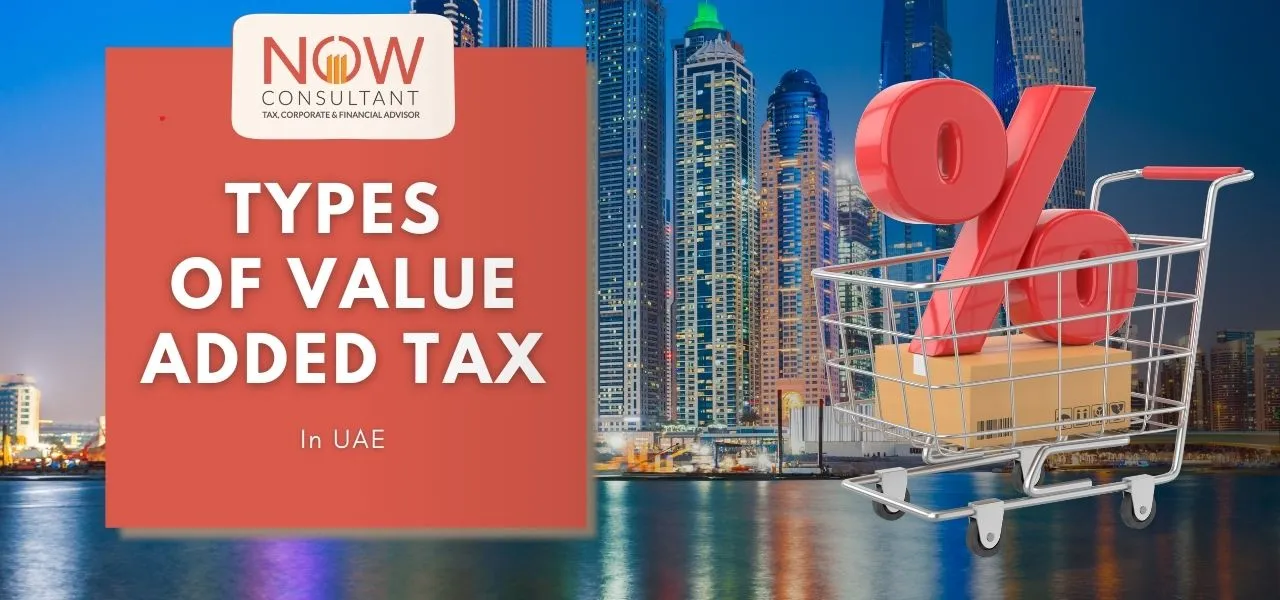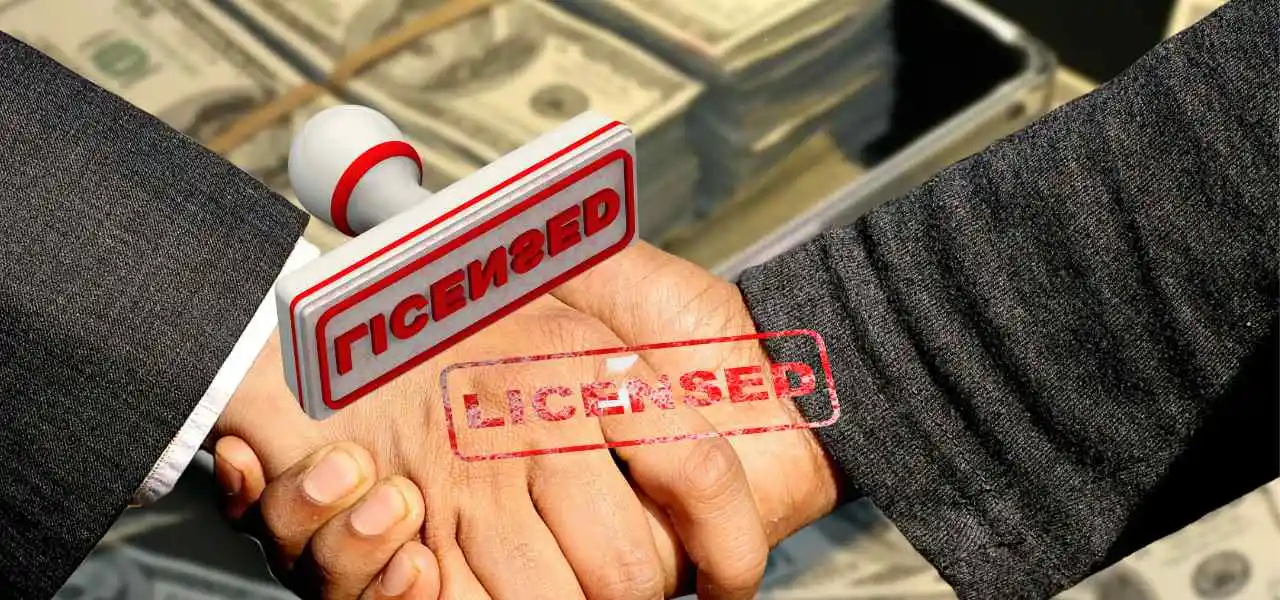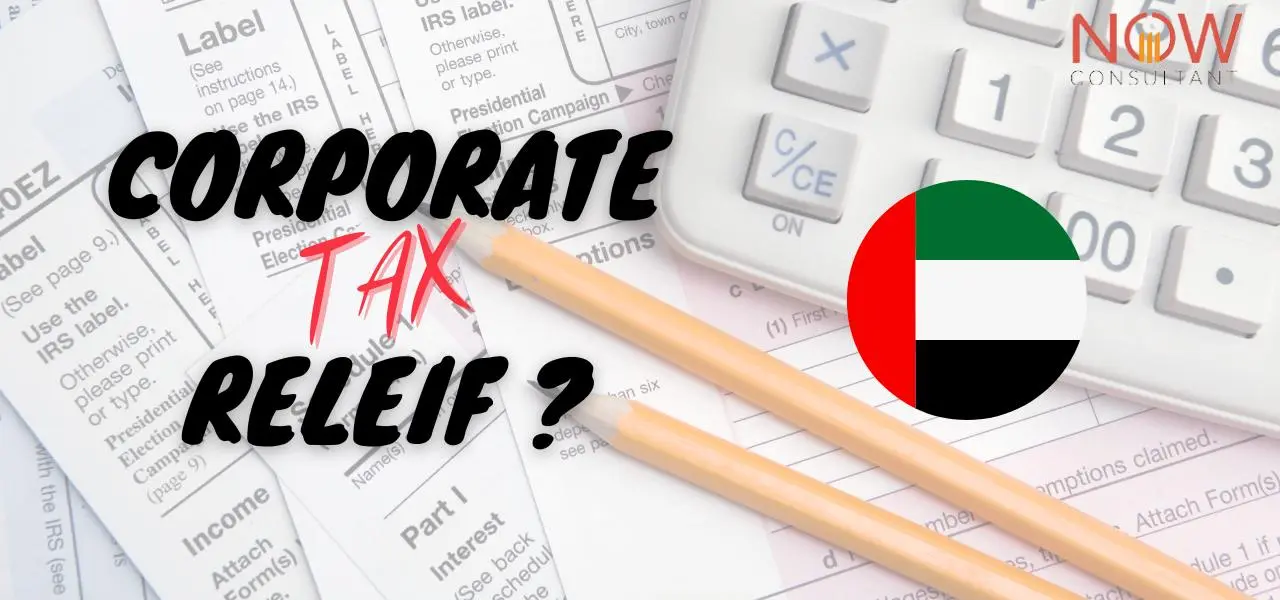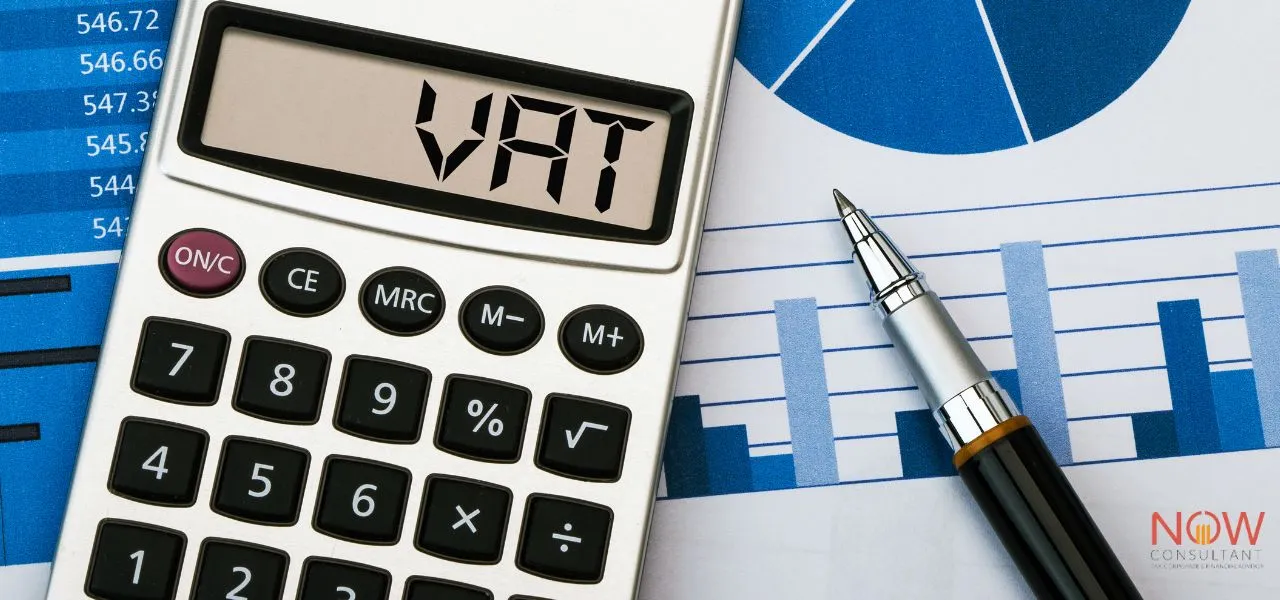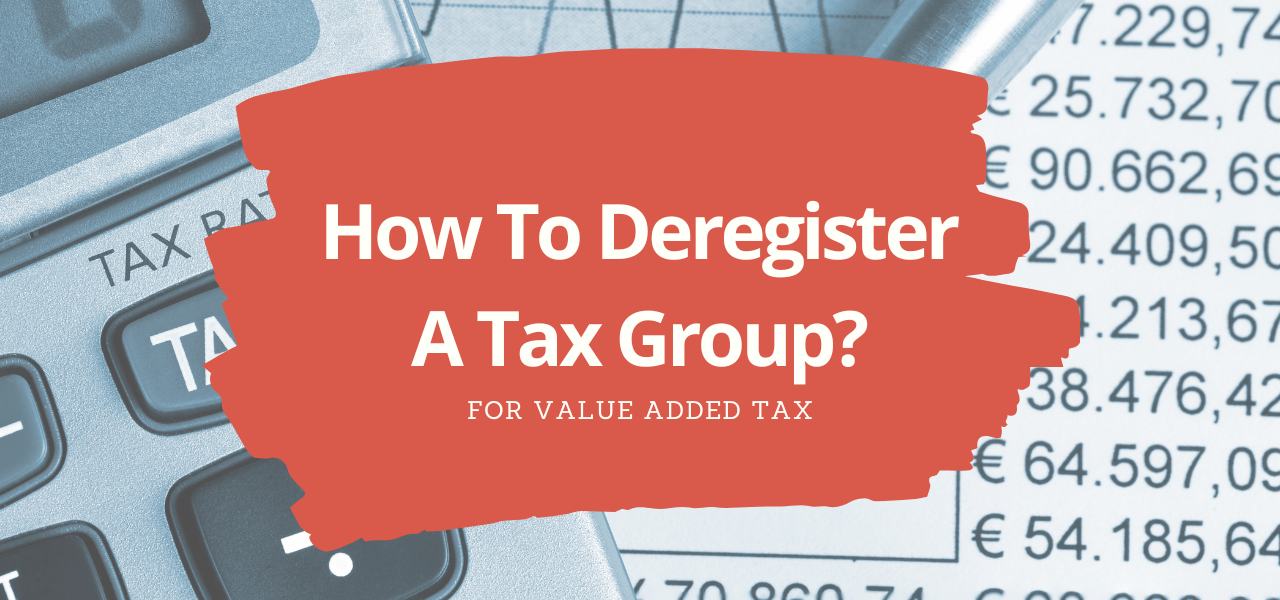Every country in the world has some form of taxation, and this holds true for the UAE as well. VAT, or Value Added Tax, is a key component of the types of taxes in the UAE revenue system. However, the complexity of VAT rules and procedures at national levels can make it difficult for businesses and individuals to comply with them. The GCC ( Gulf Cooperation Council) states have effectively used VAT to significantly boost their economies in recent years.
What is VAT?
Value Added Tax(VAT) is a consumption tax that is levied on the value added to products and services at every stage in the production chain. VAT is a tax applied to goods or services. A business has to charge VAT on purchases for their customers. It’s important for businesses to have proper accounting in place and be aware of the cost of goods as well as the cost incurred from taxes, We’re also providing VAT Accounting Services for companies and businesses in UAE.
In the UAE, value-added tax or VAT was introduced in 2018, with some goods being exempt from it due to the fact that they are considered essential items such as healthcare, education, crude oil, natural gas, etc.
On the one hand, introducing the tax is a step towards making more goods and services VAT-free. But on the other hand, it also means that a lot of items will now cost more. There are different types of VAT in UAE explained here for easy understanding.
Types Of VAT Rates In UAE
The VAT rate in the UAE ranges from 0% to 5% The three types of VAT are:
- Standard Rate – 5%
- Zero Rated Supplies – 0%
- Exempt Supplies – Nil
1. Standard Rate- 5%
The standard rate VAT applies to all taxable goods and services. The 5% VAT applies to most consumer goods and services including restaurants, hotels, movie theaters, entertainment, and recreation services.
2. Zero Rated Supplies- 0%
These are goods and services that are not subject to tax on the grounds that they facilitate social benefits or are necessary for the public interest. Zero-rated tax means that the government gets no revenue or profits for it. However, suppliers can recover input costs for these products. They include natural gas, water, electricity, and fuel used for residential purposes, basic foodstuffs, healthcare services, education services, financial services such as banking and investment brokerage etc, postal services, air transport, and investment in precious metals like gold, silver, etc.
3. Exempt Supplies- Nil
These are goods or services that are completely exempt from tax. The declared value of such supplies is zero. The items are not taxed and the government does not get any revenue or profits from them. Moreover, suppliers cannot recover input costs for these products. Some examples of exempt supplies are bare land, local passenger transport, and certain financial services.
When VAT Is Applicable?
In the UAE, all businesses have to charge VAT on purchases, which are mostly for export purposes. The total VAT rate in UAE ranges from 0% – 5%. This means that you will pay 0% or 5% VAT depending on where you make your purchases.
As of 2018, companies with an annual export of AED 375,000 or more have been required to charge and collect VAT. However, VAT is optional for import businesses when goods and services exceed AED 187,500 annually. There are also many exemptions, depending on the nature of the business. For example, there is no VAT charge for financial services and banking and investment brokerage companies.
How To Calculate VAT in UAE?
A business typically has to account for VAT in two cases:
When you make goods or services that will be used for the business (input tax), and when you sell goods or services to your customers (output tax). So input tax and output tax are required to calculate the VAT. This can be simply obtained by subtracting output tax from input tax.
Conclusion
In the UAE, VAT is one of the most widely used methods to charge for goods and services. The effective implementation of VAT is not only essential for increasing government revenues but also plays an important part in fostering a healthy business environment at national and regional levels. Now that you know about the types of VAT in UAE, consider implementing a proper accounting system to keep track of your business’s transactions. Taxes are inevitable elements when conducting business activities and you must be well-informed about them.


